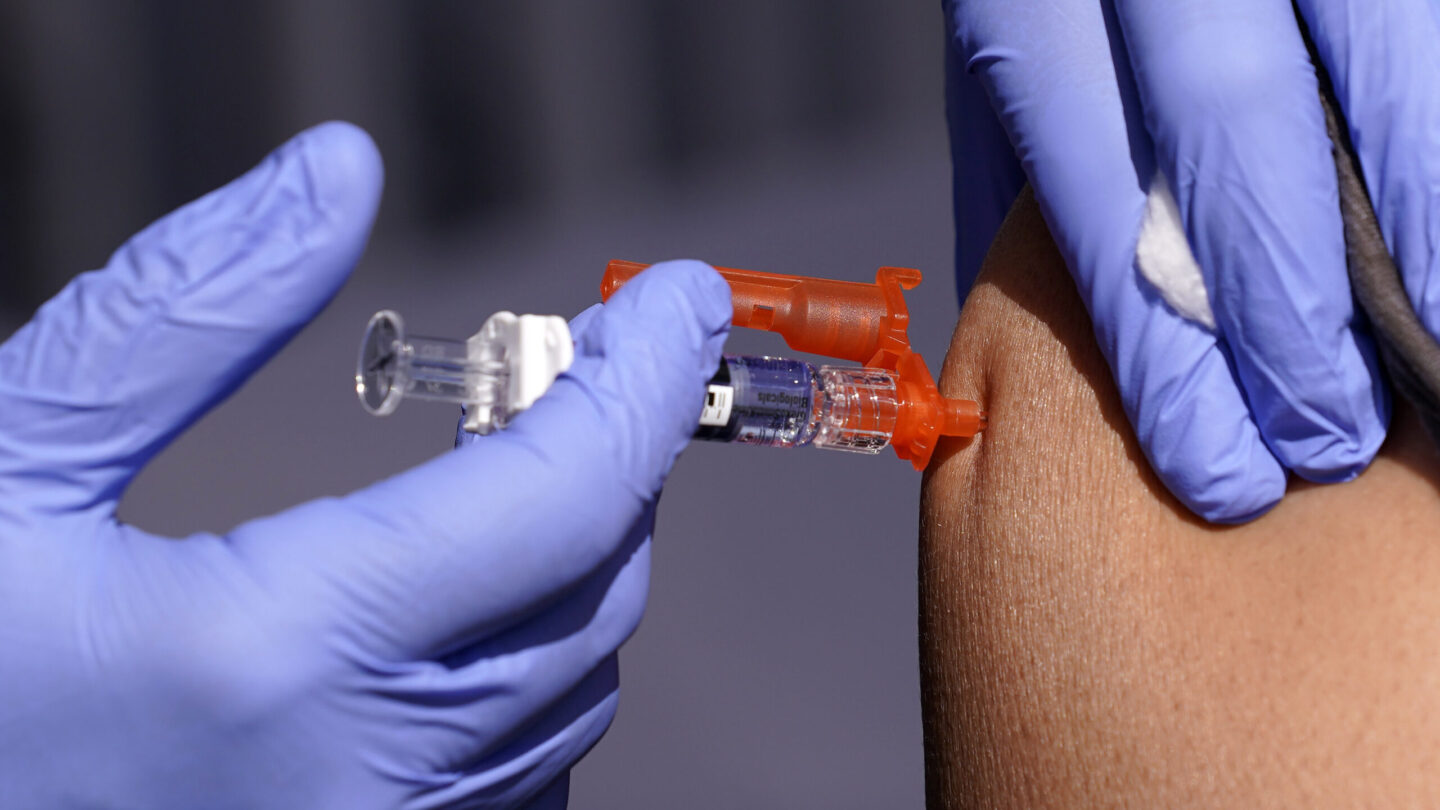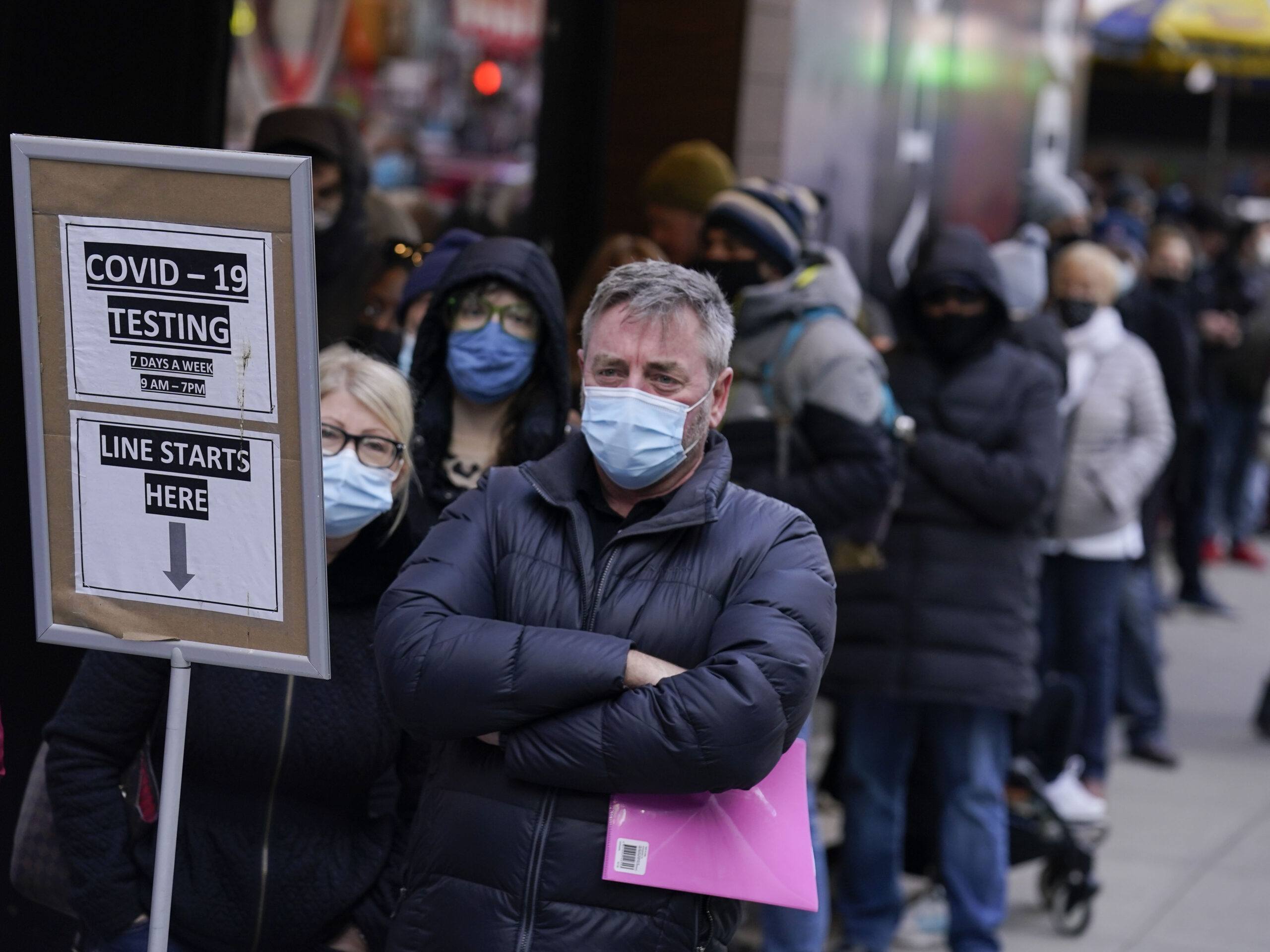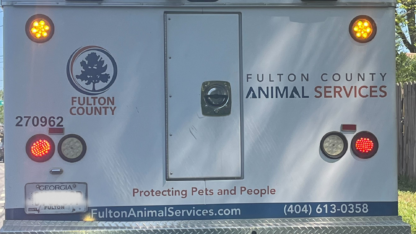'Viral jambalaya': Early flu adding to woes for US hospitals

As Americans head into the holiday season, a rapidly intensifying flu season is straining hospitals already overburdened with patients sick from other respiratory infections.
More than half the states have high or very high levels of flu, unusually high for this early in the season, the government reported Friday. Those 27 states are mostly in the South and Southwest but include a growing number in the Northeast, Midwest and West.
This is happening when children’s hospitals already are dealing with a surge of illnesses from RSV, or respiratory syncytial virus, a common cause of coldlike symptoms that can be serious for infants and the elderly. And COVID-19 is still contributing to more than 3,000 hospital admissions each day, according to the Centers for Disease Control and Prevention.
In Atlanta, Dr. Mark Griffiths describes the mix as a “viral jambalaya.” He said the children’s hospitals in his area have at least 30% more patients than usual for this time of year, with many patients forced to wait in emergency rooms for beds to open up.
“I tell parents that COVID was the ultimate bully. It bullied every other virus for two years,” said Griffiths, ER medical director of a Children’s Health Care of Atlanta downtown hospital.
With COVID-19 rates going down, “they’re coming back full force,” he said
The winter flu season usually doesn’t get going until December or January. Hospitalization rates from flu haven’t been this high this early since the 2009 swine flu pandemic, CDC officials say. The highest rates are among those 65 and older and children under 5, the agency said.
“It’s so important for people at higher risk to get vaccinated,” the CDC’s Lynnette Brammer said in a statement Friday.
But flu vaccinations are down from other years, particularly among adults, possibly because the past two seasons have been mild. Flu shots are recommended for nearly all Americans who are at least 6 months old or older.
Adults can get RSV too and that infection can be especially dangerous for older adults who are frail or have chronic illnesses, doctors say. There is not yet a vaccine against RSV although some are in development.
One infectious disease specialist urged Americans to take precautions before gathering for Thanksgiving, including avoiding public crowds, getting COVID-19 tests before they meet, and wearing masks indoors — particularly if you are old or frail, or will be around someone who is.
“Nobody wants to bring a virus to the table,” said Dr. William Schaffner, of Vanderbilt University.
The American Academy of Pediatrics and Children’s Hospital Association this week urged the Biden administration to declare an emergency and mount a national response to “the alarming surge of pediatric respiratory illnesses.’’ An emergency declaration would allow waivers of Medicaid, Medicare or Children’s Health Insurance Program requirements so that doctors and hospitals could share resources and access emergency funding, the groups said in a letter.







